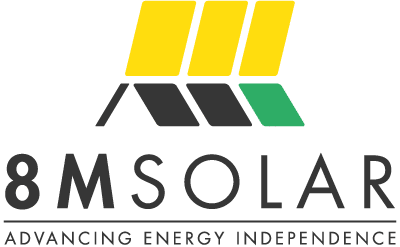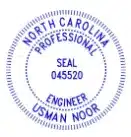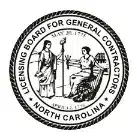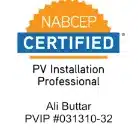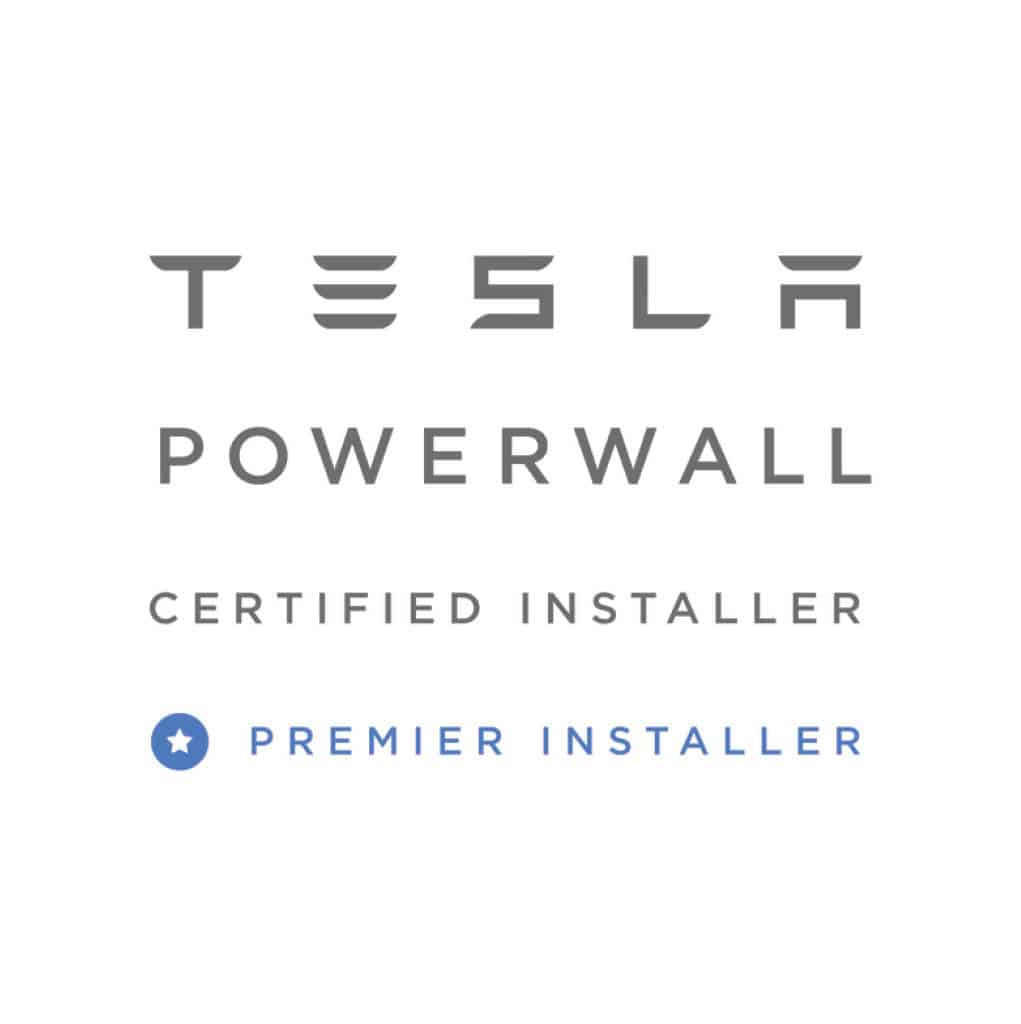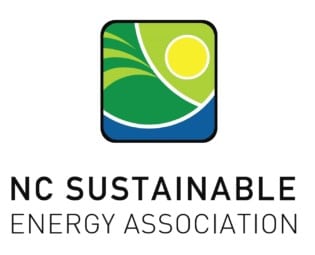Key Points
- Global Manufacturing Footprint: CSUN stands out for its diverse global manufacturing, spanning China, the USA, Turkey, South Korea, and Vietnam, which is a unique approach for a Chinese solar panel manufacturer.
- Strategic Global Facilities: The company has strategic manufacturing locations like the 300-megawatt plant in Turkey to avoid European tariffs and advanced facilities in South Korea and Vietnam, showcasing its global reach and adaptability.
- Company Evolution and Financial Challenges: Since its inception in 2004 and rapid growth leading to NASDAQ listing, CSUN faced significant financial hurdles, resulting in delisting in 2016. This led to a strategic focus on financial stability and market repositioning.
- Technological Diversity and Warranties: CSUN offers a range of solar technologies, including half-cell, full-cell, and bifacial panels. Notably, their panels come with extended warranties (up to 25 years), indicating a strong confidence in product quality and longevity.
- Product Specifications and Availability: CSUN’s portfolio includes panels with varying capacities and efficiencies, like the 665W half-cell panel and the CSUN550-144M-DS-182 bifacial panel. However, not all models are listed on their US website, indicating selective availability.
Table of Contents
- Key Points
- CSUN Solar Panels Global Manufacturing Footprint
- CSUN Company History and Milestones
- Understanding Bloomberg Tier 1 Solar Panels and PV Evolution Labs Top Performer
- CSUN Solar Panels Pricing
- Overview of CSUN Solar Panel Technologies
- Overview of CSUN Full-Cell Solar Panels
- Overview of CSUN Bifacial Solar Panels
- CSUN Solar Panel Specifications (common modules)
- Let 8MSolar Help You Decide if CSUN Panels Are Right for You
CSUN Solar Panels Global Manufacturing Footprint
CSUN stands out in the solar panel industry for its diverse global manufacturing presence, especially for a Chinese company. While a significant portion of its production is based in Nanjing and Shanghai, China, CSUN has expanded its manufacturing capabilities across multiple countries including China, the USA, Turkey, South Korea, and Vietnam, differing from the typical approach of Chinese panel manufacturers.
In 2013, CSUN established a panel assembly plant in the Tuzla free trade zone in Istanbul, Turkey. This facility, which has a capacity of 300 megawatts, primarily uses imported solar cells. Although its capacity is considerable, the plant has often operated below its maximum output. A strategic benefit of this Turkish location is the avoidance of Europe’s import tariffs on Chinese-made panels.
Expanding further, CSUN launched a 200 megawatt solar cell manufacturing plant in South Korea in 2014. This was followed by the opening of a panel manufacturing plant in Vietnam in 2015. The Vietnamese facility operates under the sub-brand SolarieViet and is notable for its relatively recent establishment and modern capabilities. Despite not being heavily automated, this plant offers panels with a 12-year product warranty and a 25-year performance warranty, exceeding CSUN’s standard 10-year product warranty. This enhanced warranty could be attributed to the advanced technology and confidence in the quality of products from their newest production site.
CSUN Company History and Milestones
CSUN, established in 2004, quickly embarked on its journey in the solar energy sector, launching its first solar cell production line in 2005. The company experienced rapid growth, leading to its listing on the NASDAQ stock exchange in 2007. As a significant player in the solar panel industry, CSUN also expanded its portfolio to include solar batteries and hybrid inverters, in partnership with CEEG (Nanjing) New Energy Co Ltd, who became the parent company after acquiring CSUN in 2010. By 2012, CSUN had achieved a significant milestone with a module production capacity of 1.2 gigawatts. However, this growth was not sustained, as the company encountered severe financial challenges. These difficulties culminated in CSUN being delisted from NASDAQ in 2016, primarily due to its total share value falling below the threshold of $15 million US.
In response to these challenges, CSUN issued an official statement outlining their strategy to regain financial stability and market position. The company focused on strengthening its financials, engaging with strategic investors, and optimizing its global supply chain. Additionally, CSUN explored the possibility of relisting, particularly in markets like mainland China, where manufacturing companies often enjoy higher Price-to-Earnings (PE) ratios compared to those listed in the U.S. capital market.
Understanding Bloomberg Tier 1 Solar Panels and PV Evolution Labs Top Performer
Bloomberg Tier 1 ranking for solar panels is often misunderstood. It’s important to note that this ranking does not reflect the quality of the solar panels. Instead, it focuses on the ‘bankability’ of the manufacturing company, based on public information regarding the company’s financial stability. Essentially, it helps gauge whether the manufacturer is large and established.
Currently, CSUN Solar Panels do not feature on the Bloomberg Tier 1 list.
On the other hand, PV Evolution Labs, supported by DNV GL, conducts independent testing on the reliability of solar panels. Manufacturers opt to participate in these tests and bear the costs. This testing is globally recognized and offers a credible assessment of a solar panel’s performance.
As of now, CSUN Solar Panels have not been included in the PV Top Performers List.
CSUN Solar Panels Pricing
It’s important to understand that prices are generally cheaper when applied to solar installation companies purchasing in bulk and may not be directly available to individual customers. Lots of times, the pricing can also depend on the solar installer you use. For installers, some CSUN panels can range from $66 to $100.
Overview of CSUN Solar Panel Technologies
Among CSUN’s offerings, half-cell solar panels are a notable category. The CSUN Solar Panel 605WCSUN is part of their diverse range, which includes 9 different types of half-cell modules. These vary in terms of cell quantity and power output. The smallest panel in this range can produce 340W, while the largest, suitable for solar farms or large commercial projects, possesses an output of 665W. This 665W panel is particularly efficient with a module efficiency of 21.41%, which is competitive in the market, while the efficiency of other models in this range generally falls between 19% and 21%.
Furthermore, CSUN offers a 12-year product warranty and a 25-year performance warranty on their half-cell solar panels.
Overview of CSUN Full-Cell Solar Panels
CSUN’s product lineup includes 4 solar panels that utilize full-cell technology. Full cells, as opposed to half cells, are often used in solar panels without being cut in half. This traditional approach aims to decrease resistance while maintaining output, but it’s generally considered an older and less efficient technology compared to newer half-cell designs. The highest capacity model among CSUN’s full-cell panels is the CSUN400-72M-158, rated at 400W with a module efficiency of 20.17%.
Similar to their half-cell counterparts, CSUN’s full-cell solar panels are also backed by a 12-year product warranty and a 25-year performance warranty.
Overview of CSUN Bifacial Solar Panels
CSUN offers innovative bifacial solar panels, such as the CSUN550-144M-DS-182. These panels are ideally suited for ground-mounted installations or roof-mounted setups using tilt frames. The unique feature of bifacial solar panels is their ability to generate electricity from light striking both sides of the panel. This capability, coupled with light reflection from the ground or roof, can enhance energy output by 5-30%.
There are two types of bifacial solar panels from CSUN, with capacities of 530W and 550W. The 550W model stands out with a module efficiency of 21.28%. Both variants are covered under a 12-year product warranty and a 25-year performance warranty, ensuring long-term reliability and performance.
CSUN Solar Panel Specifications (common modules)
| CSUN 370W Half-Cut(CSUN370-120M) | CSUN 400W Full-Cut(CSUN400-72M) | |
| Cell Number | 120 half-cut cells | 72 cells |
| Cell Type | Mono (166 x 83mm) | Mono (158.75 x 158.75mm) |
| Power Output | 370Wp | 400Wp |
| Max Power Voltage | 31.7V | 38V |
| Module Efficiency | 20.31% | 20.17% |
| Annual Power Degradation | 0.55% | 0.6% |
| Dimensions | 1755 x 1038 x 35 mm(19.59 ft²) | 1979 x 1002 x 35 mm(21.31 ft²) |
| Weight | 42.9 lbs | 48.7 lbs |
| Product Warranty | 12 Years | 12 Years |
| Temperature Range | -40°F to 185°F | -40°F to 185°F |
Disclaimer: While you can find every panel if you look hard enough, as of right now, CSUN only has 8 of their 9 half cell panels listed on their website for the US. None of their full cell or bifacial panels are listed.
Let 8MSolar Help You Decide if CSUN Panels Are Right for You
Navigating the solar panel market and making the best choice for your specific requirements can be challenging. This is where 8MSolar steps in. Our expertise in solar solutions ensures that you receive personalized advice and support in determining if CSUN solar panels are the right fit for your energy needs. Whether it’s understanding the nuances of CSUN’s various technologies or assessing the suitability of their panels for your project, 8MSolar is dedicated to guiding you through every step of your solar journey. With our knowledge and experience, we’ll help you make an informed decision, tailored to your unique situation, to harness solar power effectively. Sign up for a free virtual consultation today.
